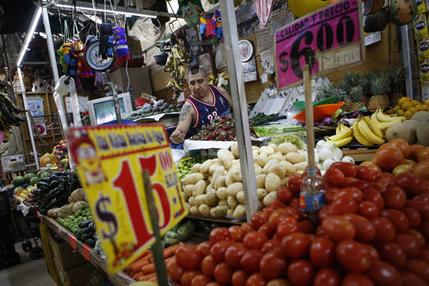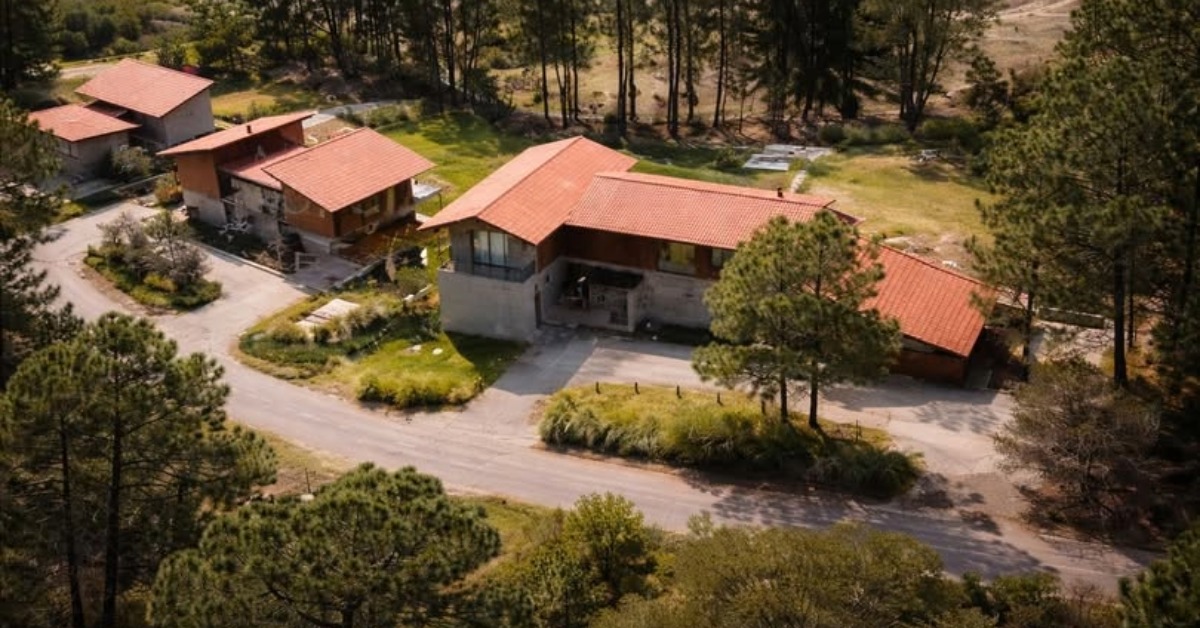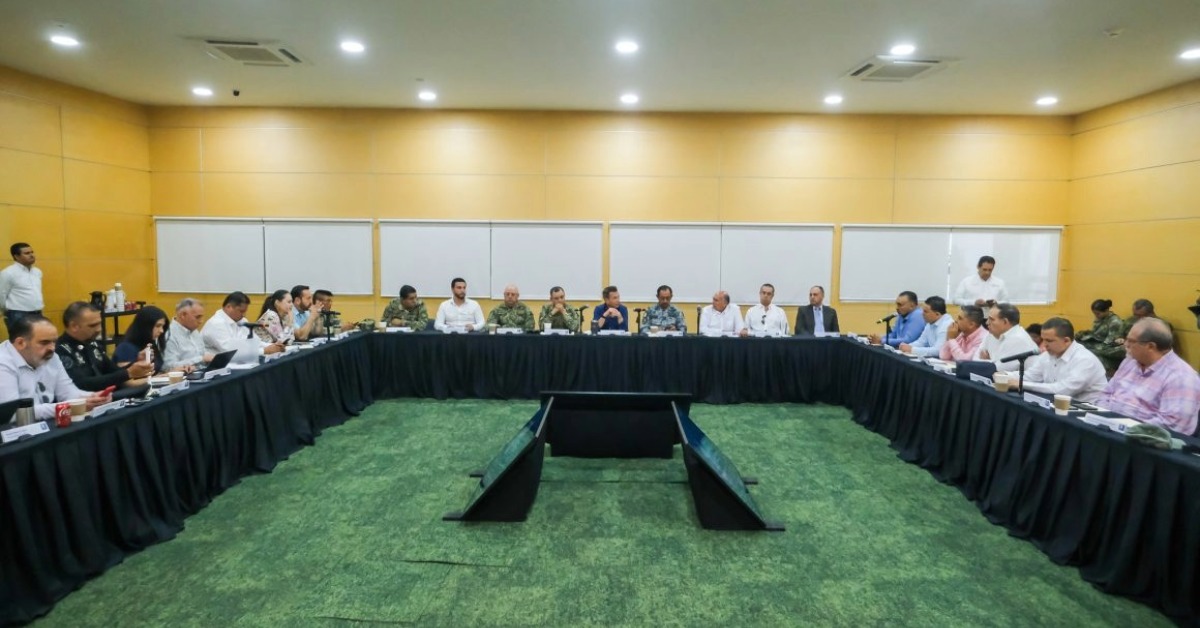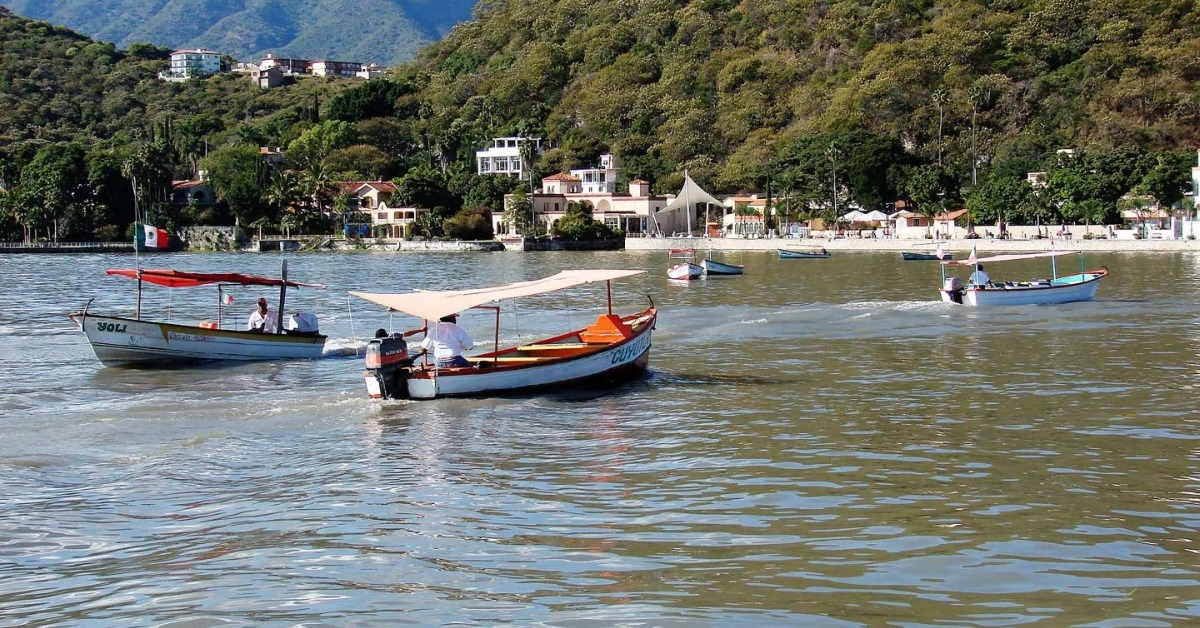If the United States imposes a border tax on Mexican imports, it's not just tequila, beer and avocados that would jump in price.
Mexico is the world's leading exporter of refrigerators and flat-screen TVs. Cars and trucks such as the Ram 1500 crew cab, Ford Fiesta and Chevrolet Trax fill U.S. dealer lots. Mexican berries, vegetables and beef born south of the border abound at American supermarkets.
It is an amazing state of affair for a country that, as late as the 1980s, basically exported just oil - a country transformed by embracing the open markets promoted . . .






